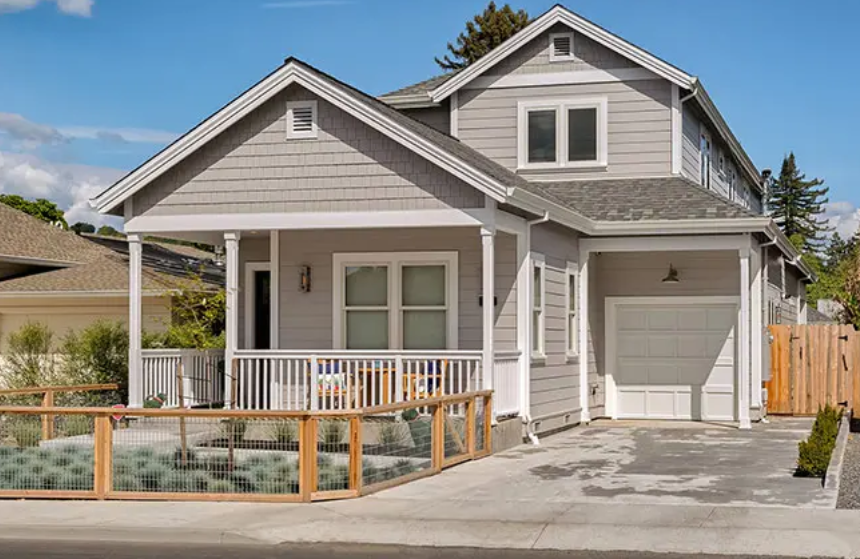Building a home is one of the most significant investments you’ll make, both financially and emotionally. Choosing the right home builder is crucial to ensuring that your vision is brought to life with quality, efficiency, and attention to detail. With countless options available, finding the best builder can feel overwhelming. However, by understanding what to look for and asking the right questions, you can ensure a smooth, stress-free home-building process.
Key Considerations When Working with a Home Builder
Building a home is a complex process that involves many decisions, so it’s important to keep the following considerations in mind when working with a builder:
- Budgeting: Set a clear budget from the beginning, and be realistic about your financial constraints. It’s advisable to allocate a buffer of around 10-15% for unexpected expenses that may arise during the project. Discuss budgetary expectations with your builder upfront to ensure there are no surprises down the road.
- Timeline: A well-defined timeline is crucial to keeping the project on track. Work with your builder to establish clear milestones and completion dates. However, it’s also important to remain flexible, as weather conditions, material shortages, and other unforeseen factors can delay construction.
Common Questions to Ask Your Home Builder
To ensure that you are hiring a reliable and skilled home builder in Bedford, it’s essential to ask the right questions before signing a contract:
- What is your experience with similar projects?
This will help you assess whether the builder has the skills and experience needed for your specific type of home. Builders who have completed projects similar to yours are more likely to understand the complexities and nuances of the design. - Can I visit some of your past projects?
Visiting a builder’s completed homes can give you a better sense of their craftsmanship and attention to detail. It’s also an opportunity to speak with past clients to gauge their satisfaction with the builder’s work. - What is the estimated timeline for completion?
Understanding the timeline upfront is crucial for planning. Make sure the builder provides a realistic estimate and ask how they handle unexpected delays.
How to Ensure a Smooth Home-Building Process
Building your home doesn’t have to be a stressful experience if you take the right steps to manage the process. Here are some additional tips to ensure things run smoothly:
- Set Clear Expectations: From the outset, make sure you and your builder are aligned in terms of quality, design, and timelines. This reduces the chance of miscommunication and helps keep the project on track.
- Stay Involved: While you don’t need to be on-site every day, regular site visits can help ensure the project is progressing as expected. This also allows you to address any issues that may arise early before they become larger problems.
- Get Everything in Writing: Ensure that all agreements, designs, and timelines are in writing and included in the contract. This includes specific materials, finishes, and any agreed-upon changes during construction.
Conclusion
Choosing the right home builder is one of the most critical decisions in the home-building process. By taking the time to research, compare options, and ask the right questions, you can ensure that your project runs smoothly from start to finish. Remember, open communication, attention to detail, and careful planning are essential to transforming your vision into reality. With the right builder by your side, your dream home is within reach.
FAQs
- How long does it take to build a home?
The timeline for building a home depends on the size and complexity of the project, but on average, it can take anywhere from 6 to 12 months. H - How do I ensure the builder sticks to the budget?
Set a clear budget with your builder at the beginning of the project and include it in the contract. Discuss potential cost overruns and agree on a process for approving any changes that may increase the cost. - What should be included in the home-building contract?
A comprehensive contract should include the total cost, payment schedule, construction timeline, specific materials and finishes, warranties, and procedures for handling changes or disputes. - Can I alter the design once work has commenced?
While it’s possible to make changes during construction, it’s important to note that this can lead to delays and increased costs. Be sure to communicate any changes with your builder as early as possible.

